People seek career changes for many different reasons. Maybe your career goals have changed and your current employer can’t meet your needs. Or perhaps you’re in need of a more flexible schedule and better pay. Whatever the reason, it’s OK to make a career change, and it’s more common than you probably think.
However, it’s still a big decision that takes a lot of consideration. Before putting a career change into action, you should evaluate your current situation. What are the issues? What do you like? Does your career need a complete makeover or are you just searching for new opportunities in the field? These are all important questions to ask yourself before making a permanent change.
In order to successfully make a career change, there are a few steps you should take to ensure you make the right choice.
Evaluate Your Current Job Satisfaction
At this point, you’ve decided you want a career change, but now it’s time to understand why. Keeping a work journal and recording how you react to different situations can be a great way to do this. Do you notice any reoccurring themes? Can you identify specific things that you like and dislike about your job?
This is how you will decide whether you actually want a career change or just a different job. Forget about the environment that you work in and focus on just your role, do you like it? If you do, it might be a case of doing the same job somewhere else. If you’re bored with your work, however, it’s time to revamp your career.
Assess Your Interests, Values, and Skills
This is the part where you figure out what you want in your next job. Think about past roles you enjoyed and any projects or volunteer work you did. What are your core skills and what did you value most about those roles? These are the things you want to look for during your career change.
Consider Alternative Careers
If you’ve decided that you need a career change, not just a different job, identify options that put your best skills to use and match up with your values. Discussing this with friends and/or family is a great idea as they can offer any ideas. Meeting with a career counselor can also help you identify a good career path for your skills and values.
Network
If you’ve found a career path, or a few, that interest you, reach out to connections you may have in that sector. They can inform you about the field and you can ask them any questions you may have. This will ensure that you’re interested in the field for the right reasons and that it will be a good fit for you.
Job Shadow
Shadow professionals in fields of primary interest to observe work firsthand. Spend anywhere from a few hours to a few days job shadowing people who have jobs that interest you. Your college career office is a good place to find alumni volunteers who are willing to host job shadowers.
Get Hands-On Experience
Identify volunteer and freelance activities related to your target field to test your interest. For example. if you are thinking of publishing as a career, try editing the PTA newsletter. If you’re interested in working with animals, volunteer at your local shelter. Find a way to get hands-on experience in the field your aiming to enter.
Take a Course
Investigate educational opportunities that would connect your background to your new field. Consider taking an evening course at a local college or an online course. Spend some time at one-day or weekend seminars. Contacting professionals in your target field can also be a great way to find out what you can do to help.
No matter what the reason is for your career change, these tips are sure to make it a bit smoother. Utilizing your resources and having a clear idea of what you want will ensure that you switch to the right career, and for the right reasons.
- LATEST READS FROM WALRATH RECRUITING:









